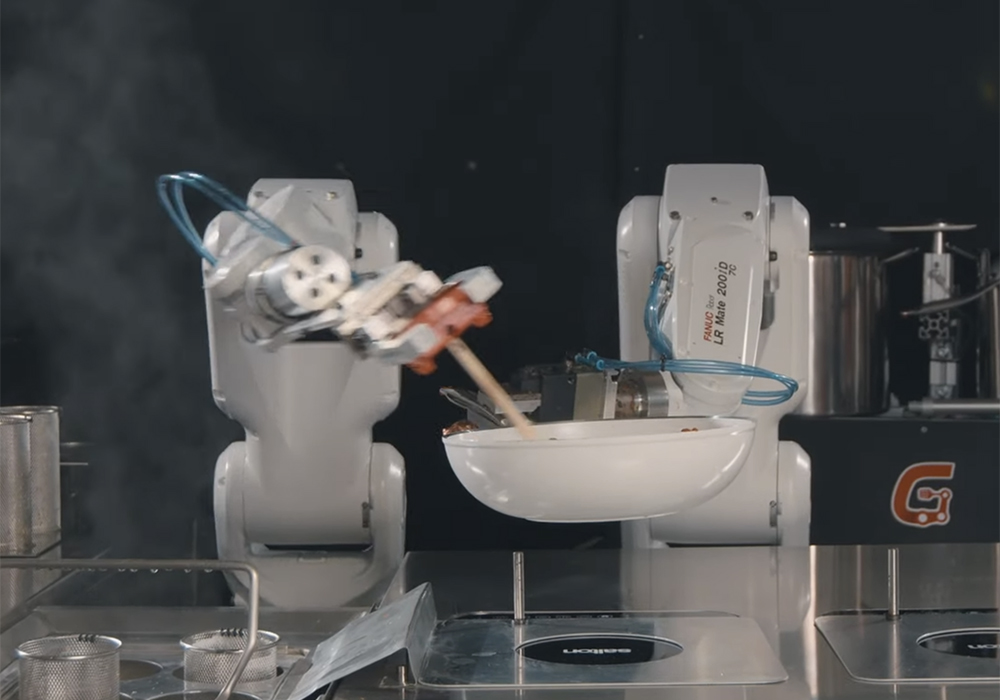The Canadian Food Innovation Network has chosen the funding recipients of its Food Innovation Challenge and Innovation Booster programs.
On May 31, CFIN announced that Gastronomous Technologies Inc. will receive $1,919,655 for its project called Smart Kitchens, the largest sum of funding between five recipients in the programs.
Laboratoire Innodal Inc. will receive $943,592 for its Antimicrobials for Longer Shelf-Life project, while Ag-Tronic Control Systems Inc., Canadian Pacifico Seaweeds Ltd and Groupe Foodarom Inc. will receive $100,000, $93,304, and $99,834 for their projects.
The Food Innovation Challenge is for “Canadian food industry collaborators who want to spearhead transformative improvements that will propel the food sector forward and generate significant economic impact,” said CFIN in its release.
Read Also

Farmland ownership fires up Saskatchewan politicians
Saskatchewan politicians debate the enforcement of farmland ownership laws in the province.
The challenge focuses on product and process development, food sustainability and supply chain stability, but Joseph Lake, chief executive officer with CFIN, said this call for proposals was open and they got a wide range of diverse proposals.
“We’re looking to stimulate transformative and transferable innovation in the food space,” said Lake.
“So that means some potentially big ideas, but big ideas that have some legs and can really help bring the food sector along.”
The funding is offered to help the companies move toward commercialization of their product.
CFIN is trying to help people understand food innovation and that it’s not just agriculture. Lake said most people believe food innovation lies in ag tech or new product development, but there’s also new technology for food processing, packaging, functionality and getting food to consumers.
Gastronomous Inc. received the most funding for its Smart Kitchens proposal, which includes autonomous kitchen appliances that ease the workload of kitchen staff in restaurants.
“(It is) a big challenge the food service industry is having right now,” said Kristian Tazbazian, chief operating officer of Gastronomous. “No one likes working behind a 500-degree grill, or fryer or stove for eight hours a day. It’s not an enjoyable job.”
Their goal is to provide autonomous appliances that assist with specific tasks. Tazbazian said rather than creating a machine that makes food from start to completion, Gastronomous plans to make a machine that completes one piece of the puzzle.
That way, they can make appliances to fit in existing kitchens and ease the workload for employees, without removing the need for the employees.
The company is working with several large North American brands and CFIN, to help “streamline their operations….”
CFIN issued a second call for proposals on June 1 for technology around the “digitization and digitalization for food safety and security in Canada.”
“It’s a timely call from our perspective for bringing in digital technology,” said Lake. “Whether that’s software, hardware or physical assets to really improve the security of our supply chain.”















